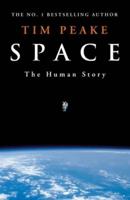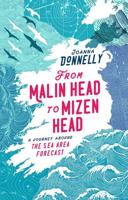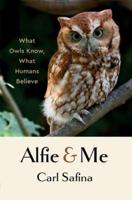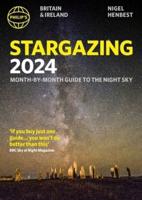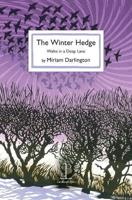Publisher's Synopsis
UN RELATO ÚNICO SOBRE UNA EXISTENCIA IRREPRIMIBLE, VIVIDA HASTA EL EXTREMO
BASADA EN HECHOS REALES
A los veintidós años, Elizabeth Gilbert hacìa todo lo que podìa para evitar un trabajo a jornada completa. Trabajaba en ranchos en Wyoming, montaba a caballo como si fuera una vaquera y se enamoró de los cowboys que constituìan el último vestigio de la frontera estadounidense que ella echaba tanto de menos. Y entonces conoció a Eustace Conway.
Eustace Conway no se parecìa a ningún otro hombre. En 1977, con diecisiete años, abandonó su hogar para trasladarse a los montes Apalaches. Durante más de dos décadas vivió allì, haciendo fuego con palos, vistiendo pieles de animales y construyendo, cultivando y cazando todo lo que necesitaba para subsistir.
Elizabeth Gilbert, deslumbrada por sus relatos y aventuras, se decidió a reconstruir su vida: la historia del hombre que recorrió el Mississippi en una canoa de madera hecha a mano, que caminó los más de tres mil kilómetros del Sendero de los Apalaches, y que cruzó los Alpes alemanes en zapatillas deportivas.
ENGLISH DESCRIPTION
Finalist for the National Book Award
From the New York Times bestselling author of Eat Pray Love, Big Magic and City of Girls comes a riveting exploration of manhood and all its complicated meanings through the portrait of an American Mountain Man.
In this rousing examination of contemporary American male identity, acclaimed author and journalist Elizabeth Gilbert explores the fascinating true story of Eustace Conway. In 1977, at the age of seventeen, Conway left his family's comfortable suburban home to move to the Appalachian Mountains. For more than two decades he has lived there, making fire with sticks, wearing skins from animals he has trapped, and trying to convince Americans to give up their materialistic lifestyles and return with him back to nature. To Gilbert, Conway's mythical character challenges all our assumptions about what it is to be a modern man in America; he is a symbol of much we feel how our men should be, but rarely are.


